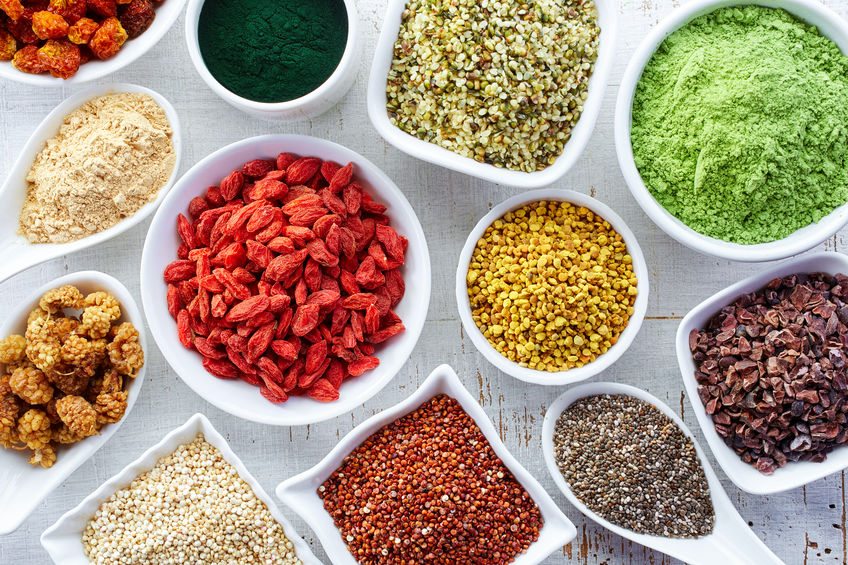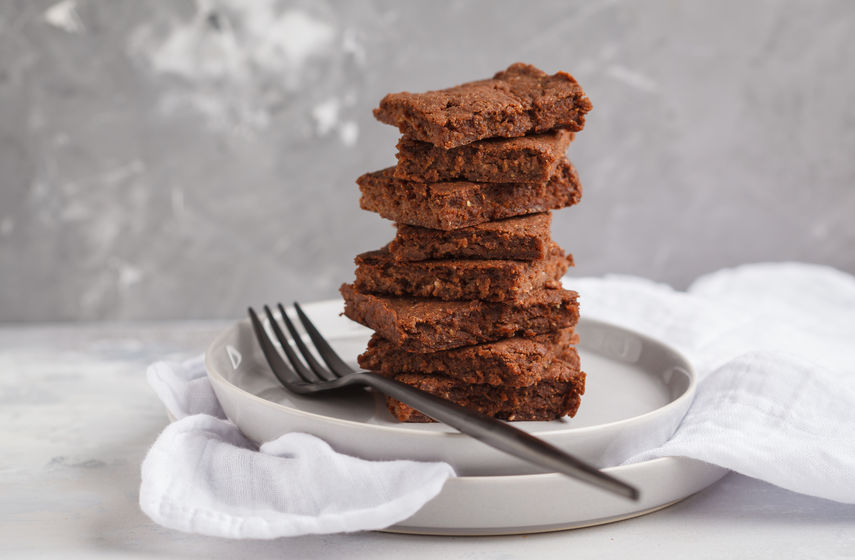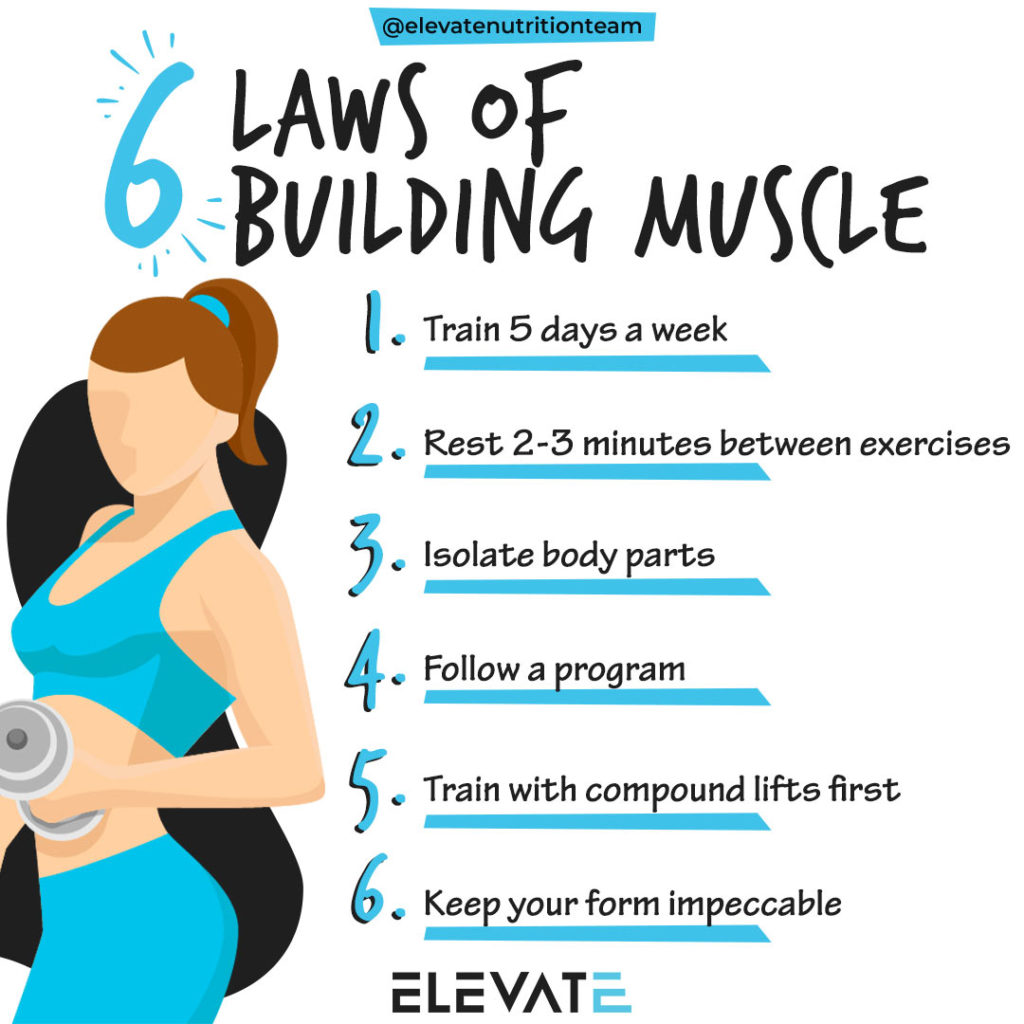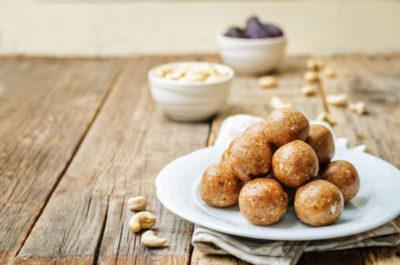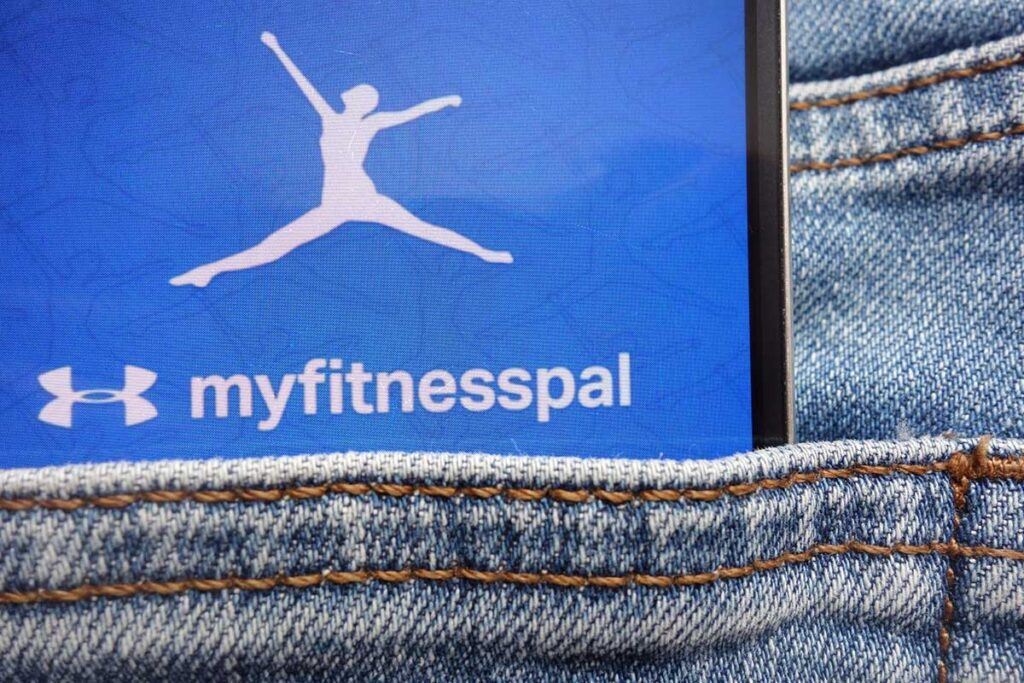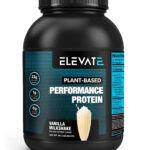Superfoods For a Plant-Based Athlete’s Diet
If someone were to tell you that athletes like Venus Williams, Tom Brady, and Lewis Hamilton operate on a purely plant-based diet, not many people would believe it.
There is a misconception that people who have muscles and participate in high-energy activities need to have meat in their diets. However, this is not exactly true.
We now know that meat is not the only good source of protein. If you want to reap the benefits of a diet that is rich in nutrients, protein, antioxidants, complex carbs, and good fats, vegan diet is the way to go.
Here are some superfoods that many of the star athletes of today’s time swear by:

Legumes
Legumes, also known as pulses when dried, are a plant-based food groups that include a wide variety of lentils, chickpeas, and beans. These plants aren’t just rich in protein but also provide us body with fiber, which is necessary for improved digestion.
According to the US Department of Agriculture, some of the top protein-rich legumes include:
- Lentils
- Pinto beans
- Kidney beans
- Split peas
- Black beans
Per serving for athletes should be between 15 and 18 grams.
Venus Williams states she consumes legumes, especially lentils, to help power her grueling training regimens.
Seeds and Nuts
Although some naysayers may term them as “bird food” seeds and nuts are powerhouses of protein, vitamins, and fiber. In fact, seeds and nuts are also the best sources for healthy fatty acids, like omega 3, which is also found in fatty oil fish. However, you can get a healthy amount from:
- Chia seeds
- Hemp seeds
- Pumpkin seeds
- Flax seeds
- Almonds
- Peanuts
In fact, chia seeds are so [powerful, they have five times the calcium of milk and twice the potassium found in bananas.
Ultra-marathon athlete Scott Jurek claims that healthy fatty seeds and nuts like hemp and almond are an essential part of the 3000-5000 caloric diet he eats every day.
Millet
Millet is a grain with a sweet and nutty flavor that has been consumed since ancient times. It is almost wholly protein and contains essential minerals like calcium, magnesium, and phosphorus, which are some of the most important nutrients for athletes.
Since it has a very high protein content, it is recommended that you eat millet as your main meal, three hours before you want to work out. This can help prevent fatigue and result in muscle recovery.
Bananas
Bananas are full of minerals and vitamins. In fact, the high amount of potassium and sodium in the bananas help stimulate muscles by electrical impulses. Hence, they promote smooth muscle recovery.
Since they are easily digested, you should eat bananas 30 to 40 minutes before an exercise. Because a single medium-sized banana has about 30 grams of carbohydrate, they can give you an instant energy boost.
Oats
When it comes to grains, oats are the superstars. A single cup of oats contain a whopping 20 grams of protein and essential minerals like potassium, phosphorus, iron, magnesium, and folate, not to mention, vitamins and fibers.
Additionally, they are filled with antioxidants with reduce inflammation, which is why oats are a traditional remedy for ailments like chicken pox, poison ivy rash and other itches. They can also regulate your blood sugar level and reduce the risk of cardiovascular diseases.
Whole Grains
Whole grains — not refined, processed ones — are very high in protein. According to the USDA, some of the top protein-pack whole grains are:
- Quinoa
- Amaranth
- Couscous
- Wild rice
This is good news for people who like to eat whole-wheat pasta as it can also be a good source of protein. A single cup can have as much as 7 grams of protein and complex carbohydrates that keep the body fueled for hours.
Acai Berries
Acai berries are one of nature’s biggest superfoods because they are super high in antioxidants. They are also a wonderful source of amino acids, trace minerals, and fatty acids, which help in muscle contractions.
Ninety percent of the acai berry is its pit, so be sure to crush it and blend it in a smoothie or porridge to reap the full benefits of this fruit.
Carrots
A single cup of carrot can give you 600 percent of your recommended allowance of Vitamin A. Carrots are also rich in Vitamin C and selenium, and all three of these nutrients can combat free radicals that form during intense workouts.
Aside from eating it raw, carrots can also be juiced to make a cool, refreshing and very delicious pre- or post-workout drink.
Bottom Line
If you have seen the Netflix documentary The Game Changers, you will see that a plant-based diet may be even more beneficial for athletes than a meat diet.
Although no single diet is right for everyone, experts as well as star athletes agree that plants are a major source of protein, which is adequate for even high-performance players who require twice the regular amount of protein per body weight.
Written by Elevate Founders, Jillian Salomone and Paul Salomone
